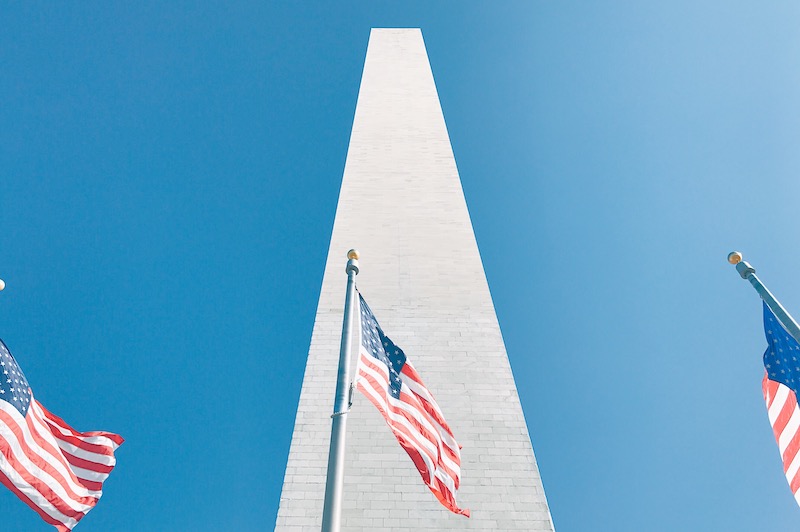To most, Christians and libertarians probably aren’t seen as peas in a pod. Libertarians might assume Christians have a reputation for trying to force their morals on others through government policy, while many Christians think libertarianism compromises fundamental Christian values.
But today, young Christians from the left and right are turning to libertarianism because they believe principles of limited government and individual freedom are compatible with biblical principles.
On Saturday, I will be moderating a panel at the International Students for Liberty Conference in Washington D.C., entitled “Jesus, Morality and Liberty: Is Christian Morality Coercive?” The panel is made up of five young professionals in the liberty movement who are libertarians because they are Christians; one panelist is Values and Capitalism’s very own blogger, Jacque Isaacs.
We’ll cover the top issues of concern to young Christian libertarians today as we attempt to reconcile the two seemingly unrelated worldviews. Topics will include:
1. The Christian view of the nature of man and libertarian political philosophy
As Christians, we believe that man is created good, yet fallen and tainted by sin. Similar to what James Madison famously said, “If men were angels, no government would be necessary. If angels were to govern men, […] controls on government would not be necessary.” Thus, how does a Christian view of the nature of man fit into libertarian philosophy?
2. Libertarian vs. libertine
Some libertarians, who might call themselves libertines, believe that upholding an objective moral standard can be considered coercive. They argue that criticizing certain moral behavior—also called “shaming,” is a form of private coercion, and that private coercion isn’t any better than public coercion. How should Christian libertarians respond to the idea that “shaming” is coercive? Can Christian libertarians pass normative moral judgments?
3. The Bible and the role of government
There is much debate and discussion among politically-minded Christians on the role of government. If we are to render unto Caesar what is Caesar’s, what does this mean? What does the Bible say about the role of government?
4. The welfare state and human dignity
Many progressive Christians look to the government to end poverty and meet human needs. According to them, advocating for larger social welfare programs is one way Christians can respect human dignity and care for the least of these. Why might this thinking be problematic?
5. The social justice movement and poverty
The social justice movement is gaining popularity among young Christians today. In his most recent encyclical, Pope Francis critiqued the free market and attacked income inequality. Jim Wallis of Sojourners once argued for an increased minimum wage because he says “God hates inequality.” How should Christian libertarians respond to the social justice movement and the left’s concerns about poverty and economic justice?
If you are attending the International Students for Liberty Conference this year, please consider attending our panel at 10am this Saturday, February 15th. We will be answering questions via Twitter after the panel using the hashtag: #JesusPanel.
If you are a young professional and are considering attending but haven’t registered yet, SFL is currently running a promotion for young professionals under 30 for $30. You can register here. We hope to see you there!
I’ll leave you with one of my favorite quotes by C.S. Lewis that has influenced my understanding of the importance of political liberty. Lewis explains why God gave us freedom, and why everyone is in desperate need of it:
God created things which had free will. That means creatures which can go either wrong or right. Some people think they can imagine a creature which was free but had no possibility of going wrong; I cannot. If a thing is free to be good it is also free to be bad. And free will is what has made evil possible. Why, then, did God give them free will? Because free will, though it makes evil possible, is also the only thing that makes possible any love or goodness or joy worth having. A world of automata—of creatures that worked like machines—would hardly be worth creating. The happiness which God designs for His higher creatures is that happiness of being freely, voluntarily united to Him and to each other… And for that they must be free.



